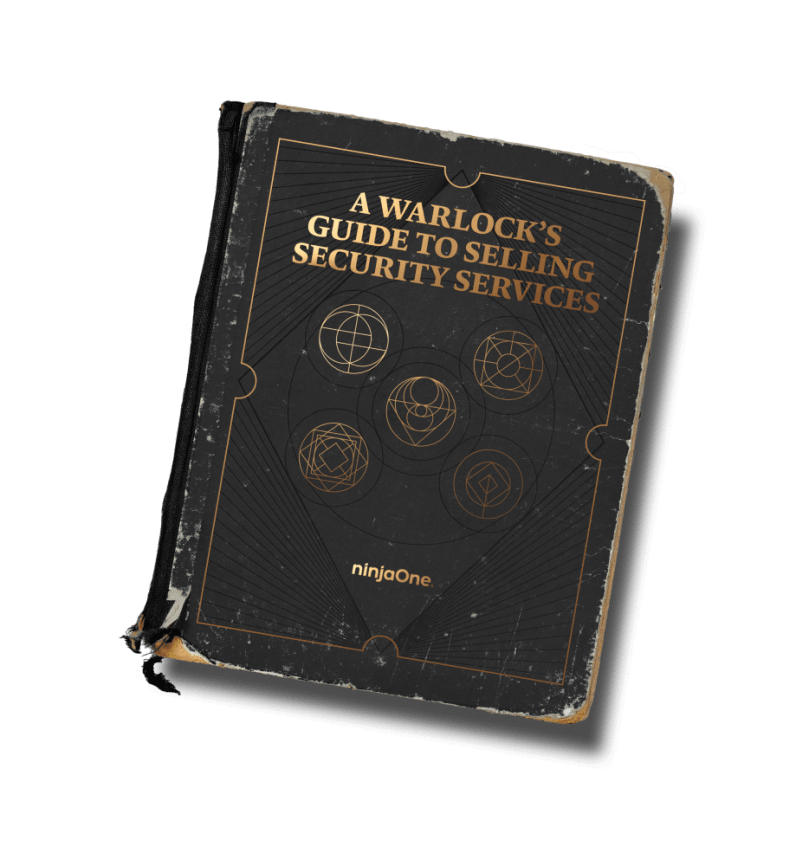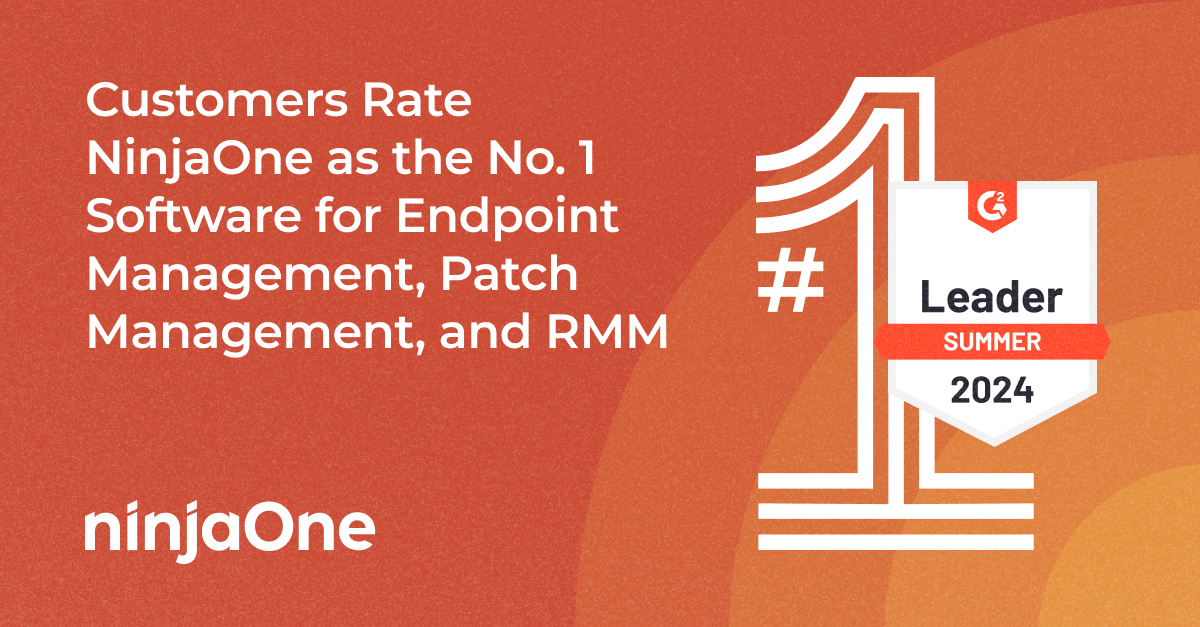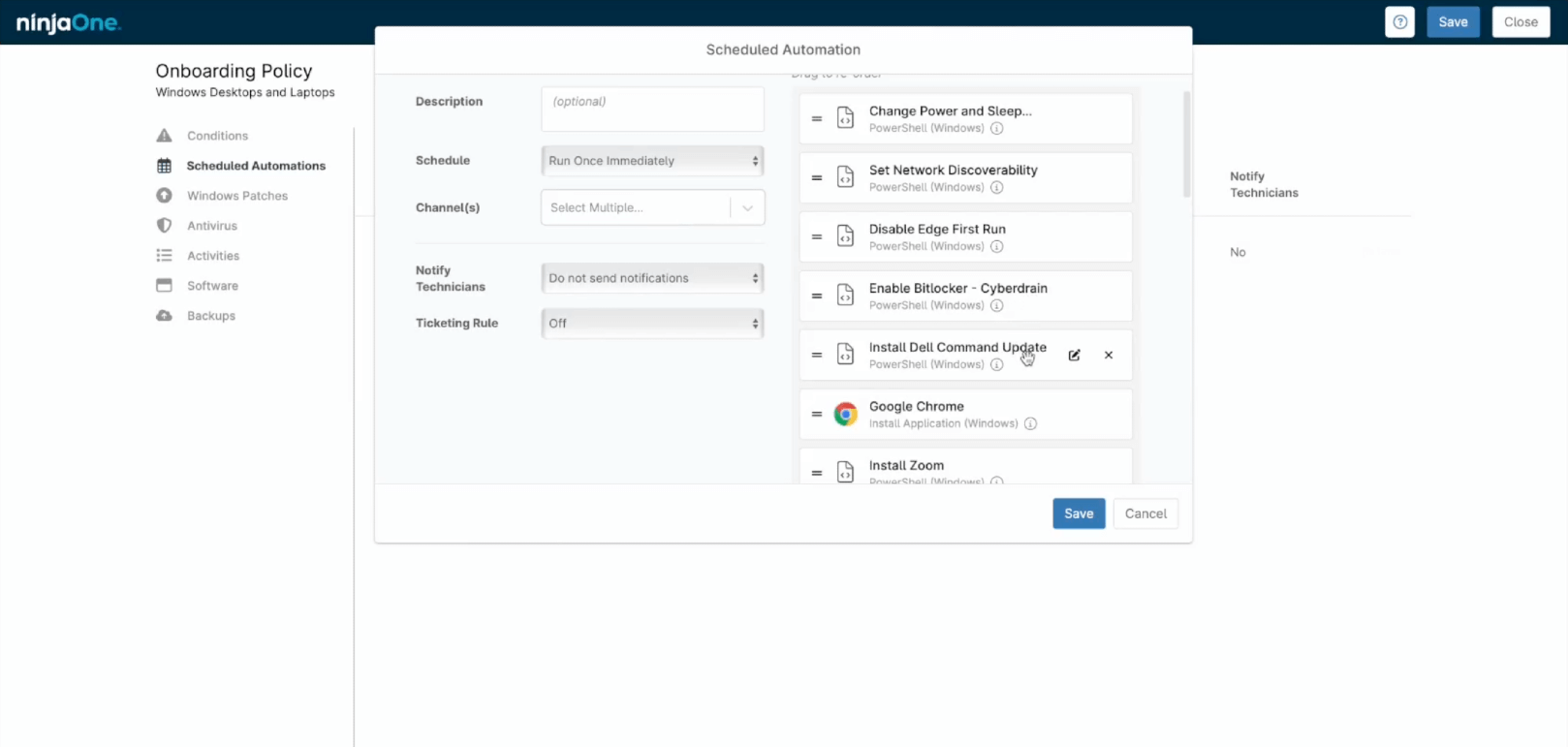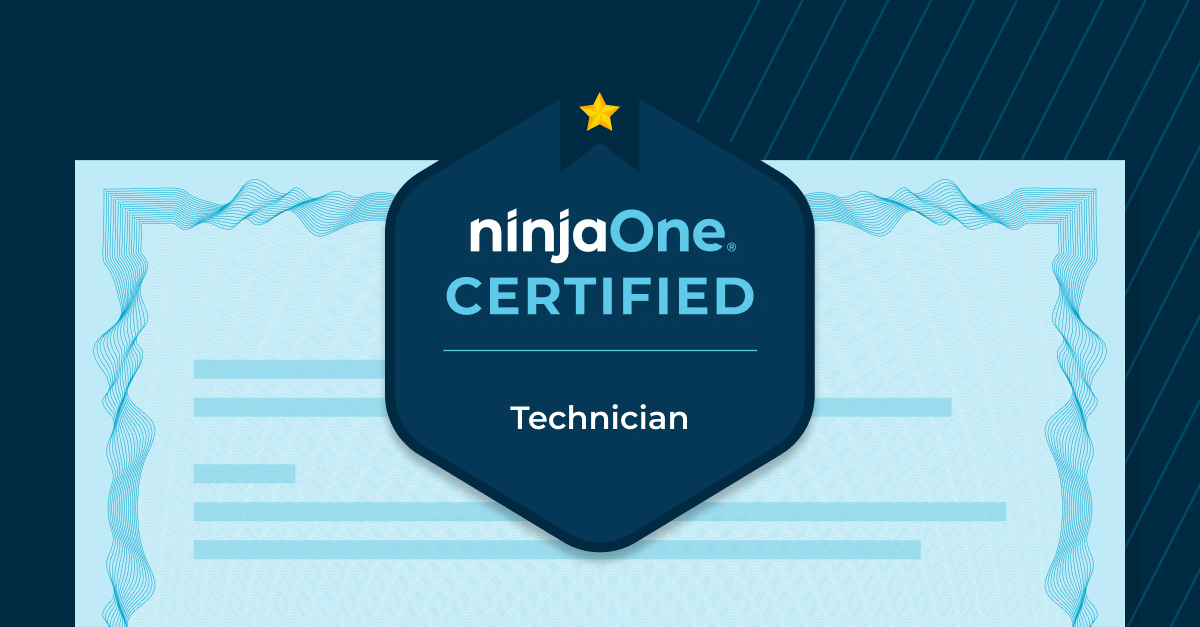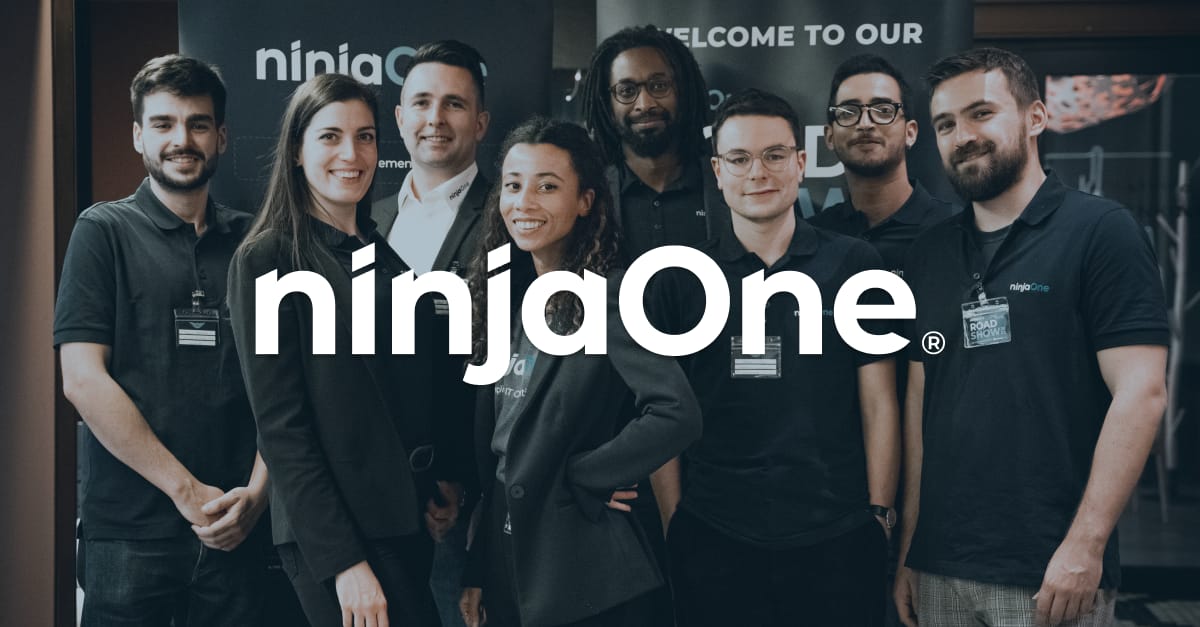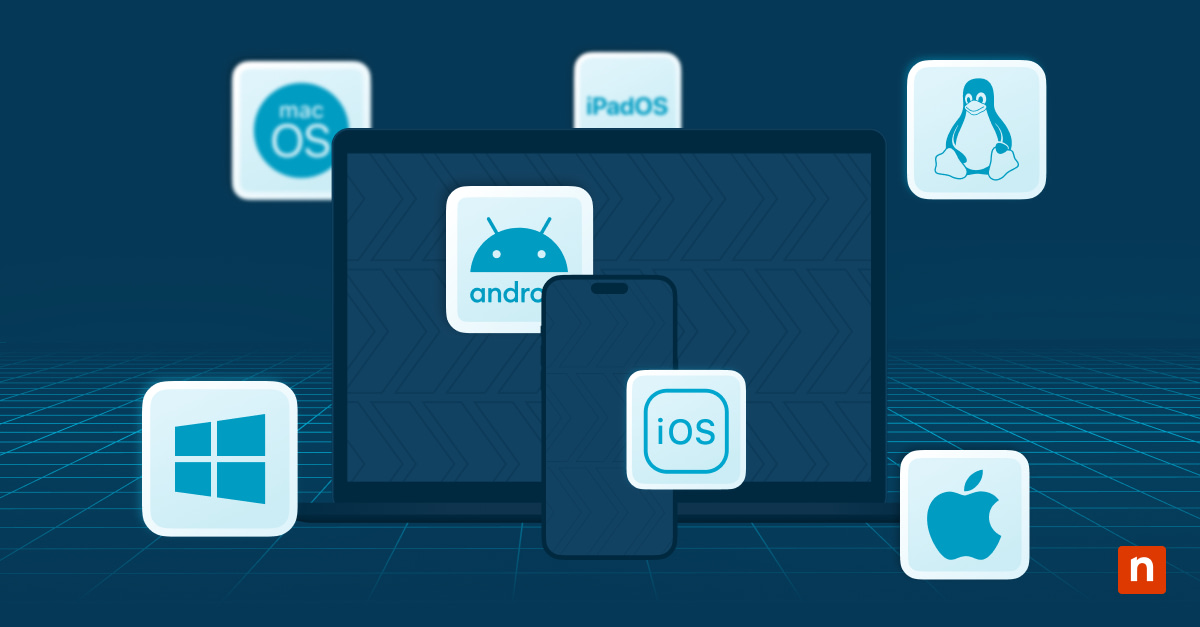Managed Service Providers (MSPs) have a unique responsibility within the tech industry that involves management and operations of a broad variety of networks. And with cybercrime growing worldwide nearly 4x over the past six years, from 4.32 million attacks reported in 2016 to 16.81 million attacks reported in 2022, MSPs need to be able to provide comprehensive cybersecurity offerings to their customers.
(In our Warlock’s Guide to Selling Security Services, we have a spellbook full of different tactics to help you build trust, create content, and set your MSP up with a cohesive set of products and services for any cybersecurity challenge.)
Unfortunately, many organizations are not adequately prepared to protect their networks against incoming threats. In 2022, IBM found that out of the breached organizations in the study, 83% had been hit more than once and just 17% of the breaches were first-time offenses. This means that, even after attack, businesses (especially small businesses) don’t have the resources, knowledge, or time to properly protect themselves.
Why customers are hesitant to invest in security
Even with the myriad of alarming statistics around cybercrime, data loss, and fraud, many organizations struggle to adequately beef up their security strategy. As an MSP, you might even encounter customers that are resistant to the investment. When selling, it’s important to build a solid foundation of trust by understanding pain points and listening to their needs. Here are a few roadblocks you may face with new or existing customers:
Customers don’t have bandwidth or budget for security
Perhaps the largest obstacle for any small business is a lack of resources or bandwidth to devote to cybersecurity. But underfunding security is short-sighted and increases their risk of breach. It’s important to convey the importance of investment and urge them not to refuse security services. By appropriately communicating the actual risks behind an insufficient investment, you’re more likely to convert those non-believers.
Customers struggle with security system implementation
Tied to the lack of security resources mentioned above, small businesses will often try to configure security systems without the guidance of an IT or security professional. These misconfigurations or deferred software patches can lead to easily exploited weaknesses! Luckily, MSPs are able to provide a unique service here by providing them with cohesive security implementation, consistent monitoring, and any other products or services included in your security package(s). Just make sure you don’t criticize their current operations but instead position your business as a security partner.
Customers lack knowledge of current threats
With millions of attacks being launched worldwide every year, it’s no wonder that investigating these threats is a full-time job. Many small businesses don’t have the time to keep up with it all. Without a dedicated security resource, these businesses can find themselves in the dark. MSPs have an opportunity to become a reliable and knowledgeable partner that not only provides their security services, but also the information they need to stay well-informed.
Five tips on creating and promoting your security services
Whether you’re just getting started in selling cybersecurity services or haven’t quite cracked the code, we’ve put together some tips on creating and promoting your services to potential customers. You can also find a helpful webinar on the topic on our blog: https://www.ninjaone.com/blog/how-to-sell-managed-cybersecurity/
Define your customer base
Before planning out your potential security services and packages, you need to know who you’re selling to. Are you working with mostly small businesses to help create a security strategy from scratch? Or are you working with more established organizations to bolster their existing security practices? If you have a broad variety of customer types, you may have packages that fit different needs, such as industry-specific compliance services, physical security solutions, and more. This knowledge of your customer base will help inform the way that you package and deliver your security services.
Consider your core cybersecurity products and services
When building a portfolio of products, you’ll generally create a single stack that can be used for all of your potential customers. This will include basic security offerings such as antivirus, backup, device hardening, device monitoring, and patching. By building out a cohesive set of core products, your team is more easily able to manage the processes and messaging for sales staff becomes much easier. From this core set of products, you can branch out into additional services that may need a more advanced approach based on their network and industry.
Educate your customers on security
As mentioned previously, many customers don’t have insight into the threats that they actually face. A big piece of education is focusing on the outcomes both with and without proper cybersecurity practices. Show them what you’ll be able to deliver with your services and the reduced risk with that investment. You may even consider bringing statistics into the conversation to demonstrate the real-world impact these threats have.
Create content and disseminate externally
Demonstrating your expertise is incredibly important when building credibility as a cybersecurity expert. Your team likely has valuable information around the world of cybersecurity that can be shared through blog posts, videos, and on social media. This allows you to reach a wider audience and position yourself as a thought leader within the space. Content could include security updates, industry news, and more.
Put together service portfolios
Before you start selling to prospects, you should have a portfolio of all of your security services and packages. These packages should include anything that would help demonstrate your experience helping other customers. Quick video demos are a great way to show off your product. You can also consider adding case studies and customer testimonials to your portfolio, which boost your credibility and trust.
Conclusion
Selling security services can be challenging, especially if you’re starting from scratch. But with these tips and our guide to Selling Security Services, you can take the first steps into building a program that will make a huge impact. It’s important to give cybersecurity the time it deserves.

